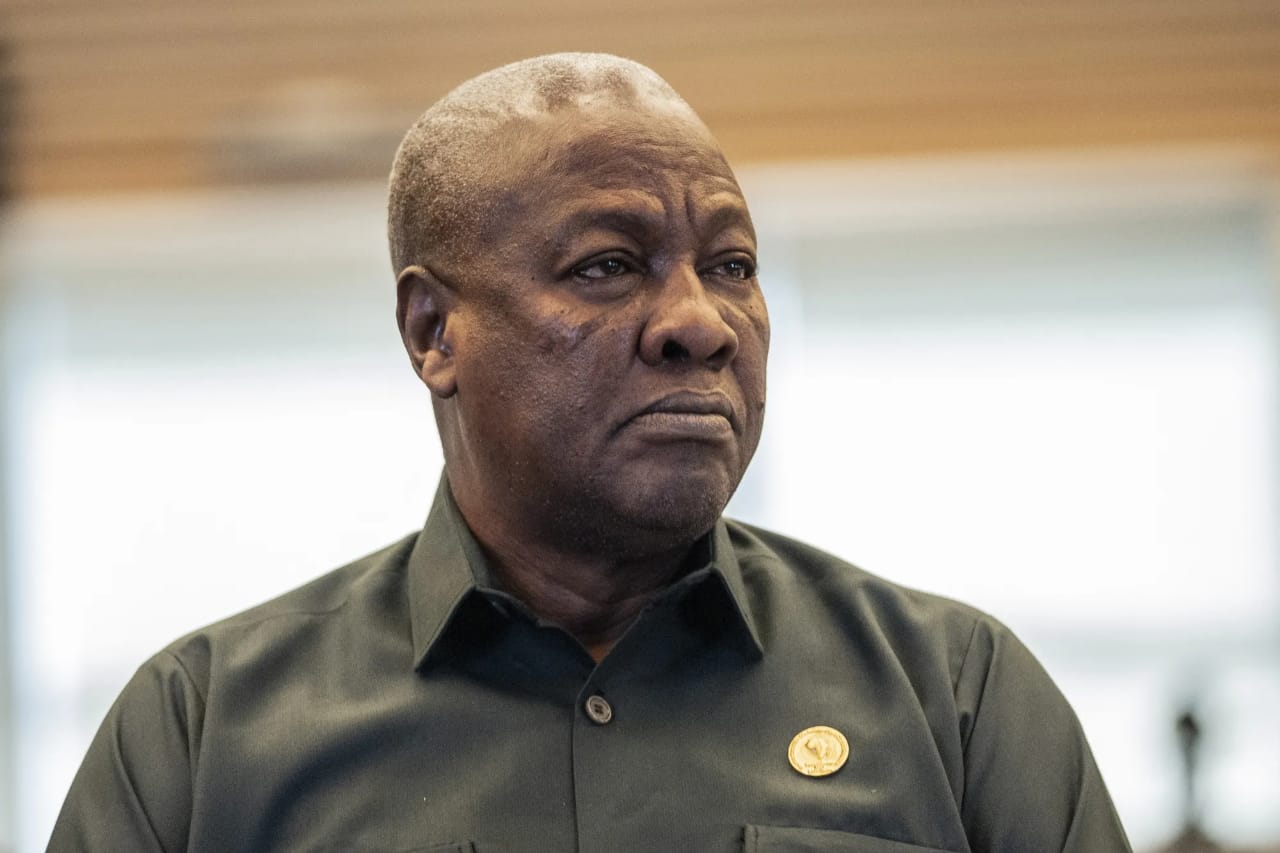
Kwabena Adu Koranteng Writes
When the news broke that the United States would restore 5‑year visa validity for Ghanaians, many on social media and in government circles cheered. But behind the fanfare lies a troubling story: one of diplomatic failure, unacknowledged costs, and the celebration of what was once ours by right.
The “Restoration” That Should Never Have Been Lost
What is being touted as a “win” is, in fact, a restoration of a visa privilege Ghana had for years—but which was suspended under strain in Ghana–U.S. relations. Prior to the change, eligible Ghanaian travellers could obtain multiple-entry U.S. visas valid for up to five years.
The current rejoicing obscures an uncomfortable fact: Ghana lost that privilege not because of external malice alone, but because of diplomatic and policy missteps, especially over refusal to accept deportees. The restoration should not be framed as a diplomatic masterstroke—it should be viewed as a recovery from a preventable collapse.
More Than Visas: What Was Sacrificed
Millennial Challenge Compact (MCC) and $500 Million Loss
Under previous administrations, Ghana participated in two compacts with the U.S.-based Millennium Challenge Corporation (MCC). These agreements supported infrastructure, energy, agriculture, and more. Ghana’s exclusion from future MCC assistance—reportedly due to debt default ande legal restrictions—means the country is now ineligible for U.S. development aid under certain statutes.
The figure of $500 million often cited is a loose benchmark for what Ghana might have accessed under a properly executed second compact. What is beyond dispute is that Ghana exited these programs in a worse position than when they began; the PDS (Power Distribution Services) fiasco is frequently cited as a turning point.
In 2025, the U.S. Embassy expressed willingness to assist Ghana reengage the MCC, particularly in a $190 million tranche aimed at electricity sector reforms.
Deportees, Prisoners, and the Currency of Diplomacy
A core part of the recent diplomatic drama involves Ghana’s willingness to accept deported individuals from the U.S., including non‑Ghanaian West Africans. In September 2025, Ghana facilitated the arrival of 14 West African nationals deported from the U.S. as part of a U.S. “third country” deportation scheme.
President Mahama defended the move by invoking ECOWAS protocols (West Africans do not require visas to enter Ghana), but human rights observers have raised concerns about the legality and ethics of such transfers.
If, as some critics contend, these arrangements were leveraged in visa negotiations, then the Faustian bargain becomes even more troubling: a nation’s sovereignty on the table for what should have been its baseline diplomatic right.
What About the New U.S. Visa Restrictions?
In July 2025, the U.S. drastically revised its visa reciprocity schedule for Ghana, reducing B‑1/B‑2 visa validity from five years (multiple entry) to three months single entry.
Ghana’s Ministry of Foreign Affairs protested the move, citing the disparity with how Ghana treats U.S. citizens (70% multiple‐entry visas to Americans, according to government data) and pledging diplomatic engagement.
Yet, complicating the picture is that in 2024, the U.S. Embassy in Ghana collected over $11 million from visa applicants (61,000 applicants) — even while issuing only about 25,000 visas.
In May 2025, the Ghanaian government temporarily closed its embassy in Washington, D.C., following an audit that flagged a visa‑fraud scheme involving local staff directing applicants to private firms.
Meanwhile, the U.S. Embassy in Ghana has warned citizens against relying on fixers or consultants, emphasizing that no one can guarantee a U.S. visa and that fraudulent practices persist.
Why This Celebration Hits the Wrong Note
It mislabels recovery as success. Restoring a lost privilege cannot be lauded as a diplomatic victory; it should be treated as damage control—or at best, a partial corrective.
It erases accountability. The public discourse risks forgetting who allowed the collapse and who mismanaged Ghana’s stake in bilateral frameworks like MCC.
It risks normalizing mediocrity. Leaders should strive not just to recover but to advance. Public officials must be judged by how many privileges they protect, not only how many they regain.
It weakens public confidence. Celebrating underwhelming recoveries and offloading responsibility to “foreign policy constraints” undermines citizens’ faith in statecraft.
Call to Action: What Ghana Deserves
1. Transparent accounting — The government needs to publish a full timeline and decision log, showing how Ghana lost the visa arrangement, who negotiated its restoration, and what was exchanged.
2. Parliamentary oversight — The Foreign Affairs Committee, the Public Accounts Committee, and other oversight bodies must investigate the costs (financial, diplomatic, reputational) and demand accountability.
3. Strategic diplomacy, not PR stunts — Ghana’s foreign policy must be anchored in long-term interests, not short-lived photo ops.
4. Strengthen institutions — Ghana must improve biometric systems, passport security, data integrity, and deportee-acceptance protocols to regain moral and diplomatic leverage.
5. Engage the public — Citizens should insist on candid narratives from leaders — no more spin, no more half-truths.
The 5-year visa restoration may bring relief to many travelers. But to herald it as a triumph is to accept a diminished standard of governance. Ghana should expect from its diplomats more than the recovery of what was lost—they must insist on advancement at every turn.

